Sometimes it seems every day brings a new example of how harmful and toxic men can be. For anyone paying attention — to the persistence of racist and misogynist murders, sexual harassment and assault, the insidious banality of creepy DMs — it's obvious that masculinity is long overdue for a reimagining.

My debut novel, The Atmospherians, was partly inspired by this issue: What do we do about toxic men? Though I wouldn’t recommend following in the footsteps of my protagonists, Sasha and Dyson, who start a cult to reform problematic men, many of the nonfiction books and novels I read as research for my novel offer necessary visions for reimagining masculinity. From bell hooks’s sympathetic evaluation of the harm that masculinity brings in her book The Will to Change to Brandon Taylor’s queering of the campus novel, these 12 books provide portraits of masculinity that are at once critical of the version we’ve been stuck with for generations and sketch a blueprint for how men might change in the future. I hope you find as much to admire in these books as I did.
100 Boyfriends by Brontez Purnell
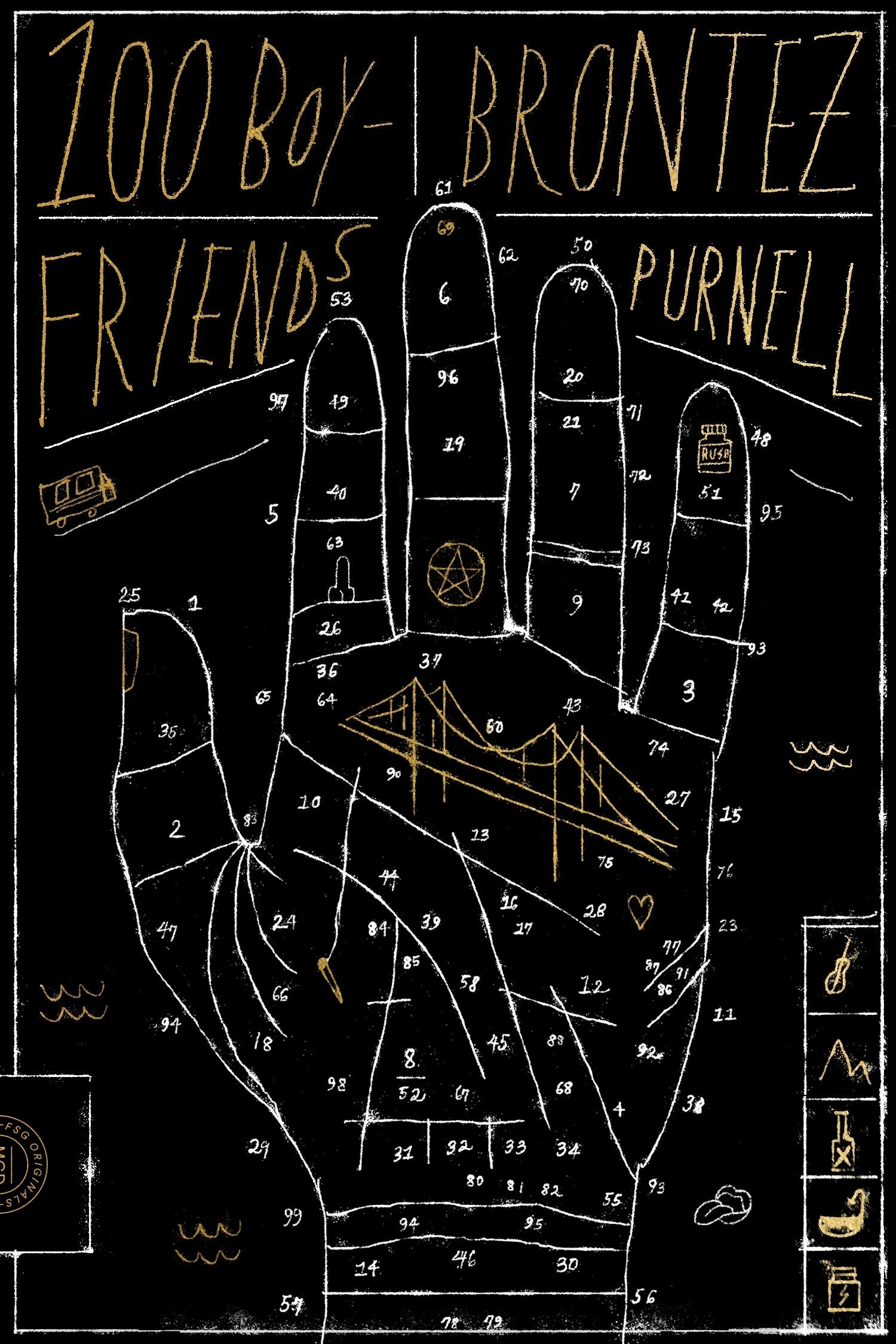
Brontez Purnell’s 100 Boyfriends revolves around a vast cast of lovers and boyfriends to create a portrait of men at their most individualistic and generic. By featuring stories about the Agent Boyfriend, the Satanist Boyfriend, Mountain Boys, and others, Purnell performs one of those rare literary magic tricks: He presents the reader with types only to later reveal the humanity underneath the stereotype. Moreover, his uncompromising portraits broaden the literary scope of queer male desire and love. The men in 100 Boyfriends are glimpses, fractions, and lost — but they remain fully alive.
Get it from Bookshop, Target, or Amazon, or find it at your local library.
Survival Math: Notes on an All-American Family by Mitchell S. Jackson
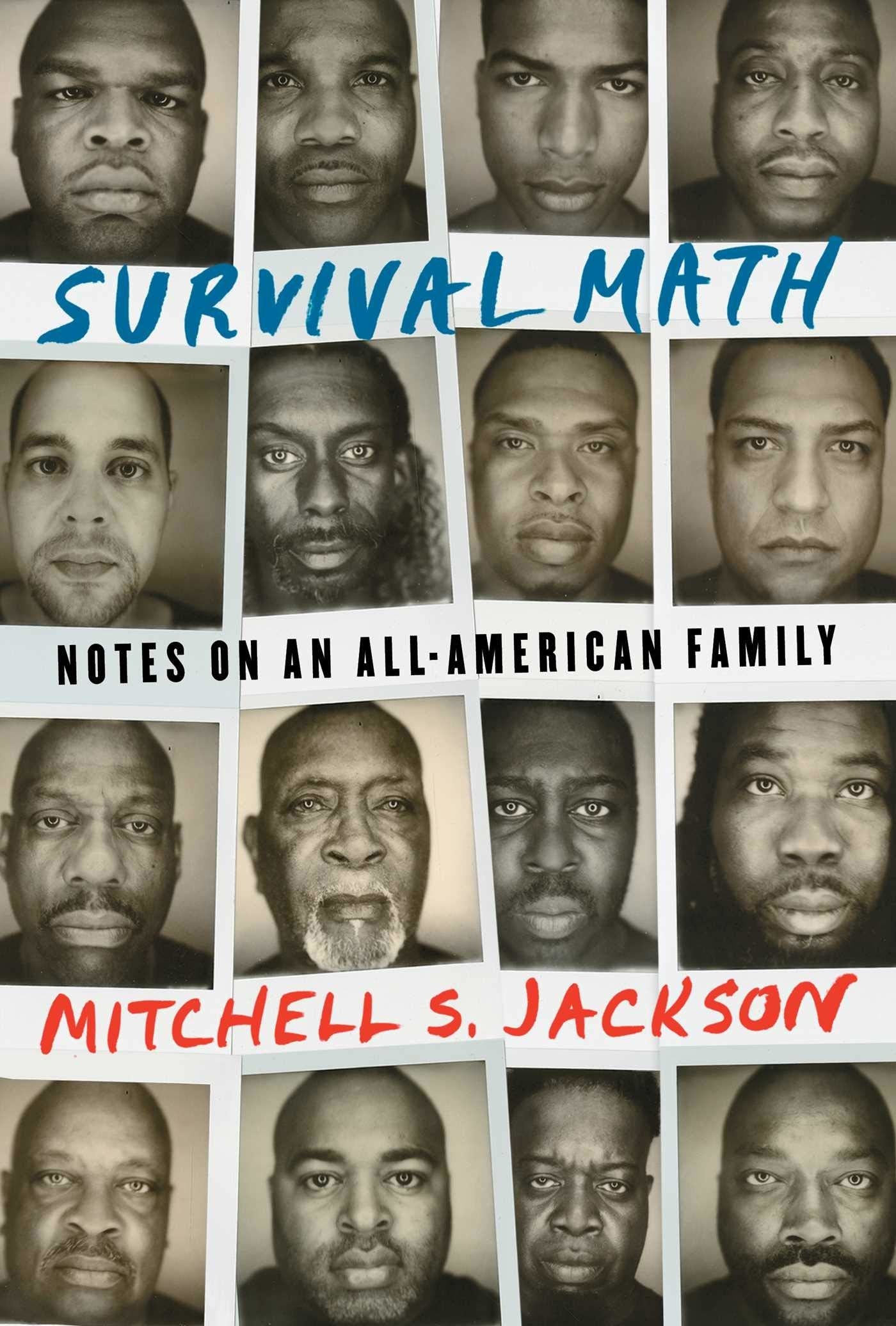
Mitchell S. Jackson’s memoir in essays, Survival Math, uses a sweeping historical lens to examine the structural and personal impositions that shape modern assumptions about masculinity. Survival Math is a brilliant work of accountability on both a large and a small scale. It opens with a letter to the first Black man to set foot in what would become Oregon; from there, he charts the racist policies foundational to the early Oregon territory that evolved into the structural racism that continues to plague the state. The Survival Files that appear in the book are second-person accounts of men telling Jackson the toughest thing they’ve survived. Most notably, Jackson holds himself accountable in the essay “The Scale,” in which he writes about his mistreatment of women and gives them an opportunity to speak about the harm he has caused. This is a book of reflection and responsibility. Read an excerpt here.
Get it from Bookshop, Target, or Amazon, or find it at your local library.
Real Life by Brandon Taylor
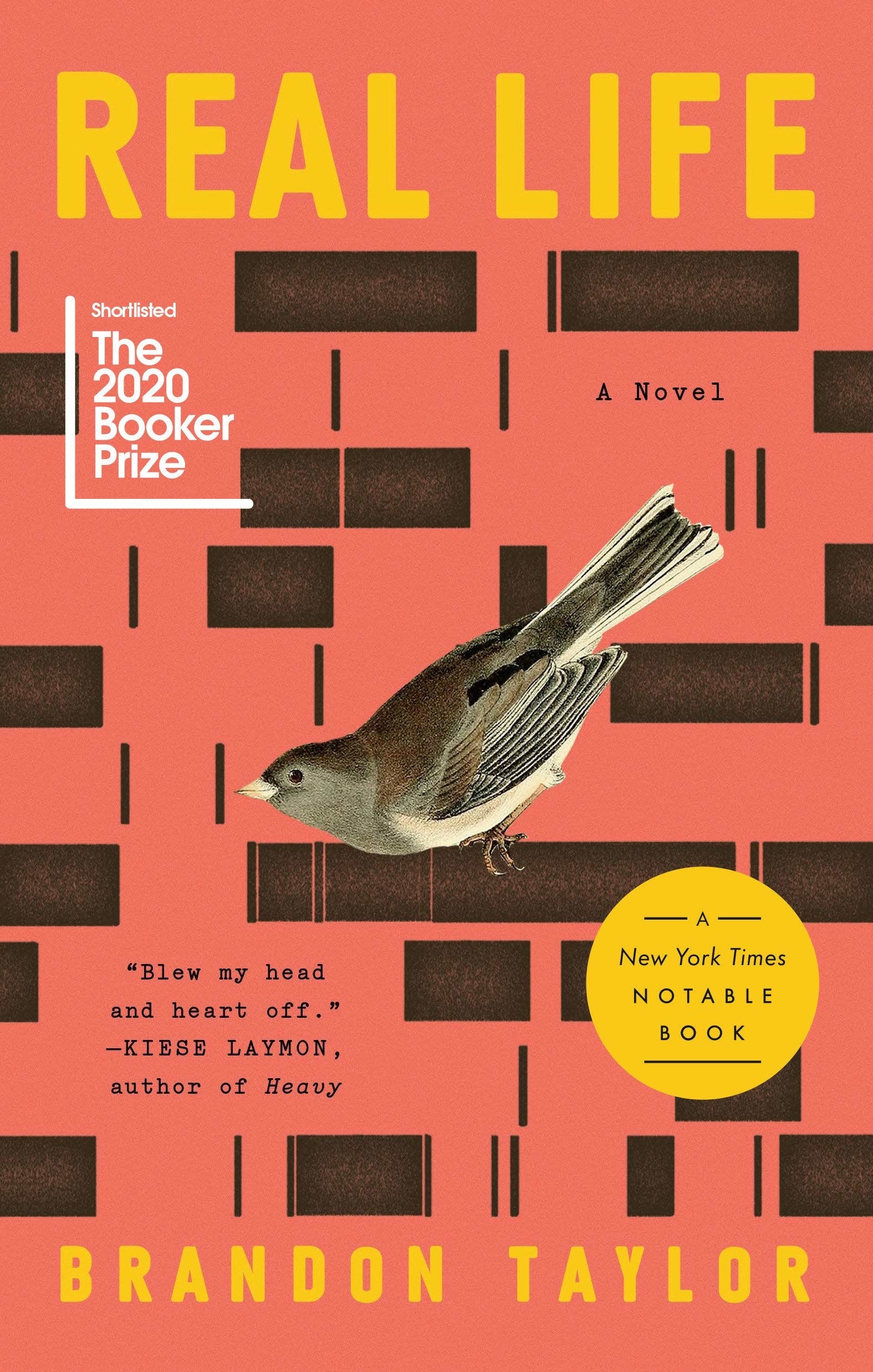
In Real Life, a campus novel told through the perspective of a Black queer grad student named Wallace, Brandon Taylor reimagines the dusty expectations of the campus novel, a genre notoriously defined by the misadventures and exploits of cis white men. Taylor is a brilliant stylist of eloquent prose who effortlessly conveys entire lives in brief flashes of narrative insight. Most impressively, he writes deftly about the blurring of attraction, friendship, and grief. His male characters, though wounded by their pasts, are never defined by their traumas; they pursue lives and loves free from that which was enacted against them.
Get it from Bookshop, Target, or Amazon, or find it at your local library.
Interior Chinatown by Charles Yu
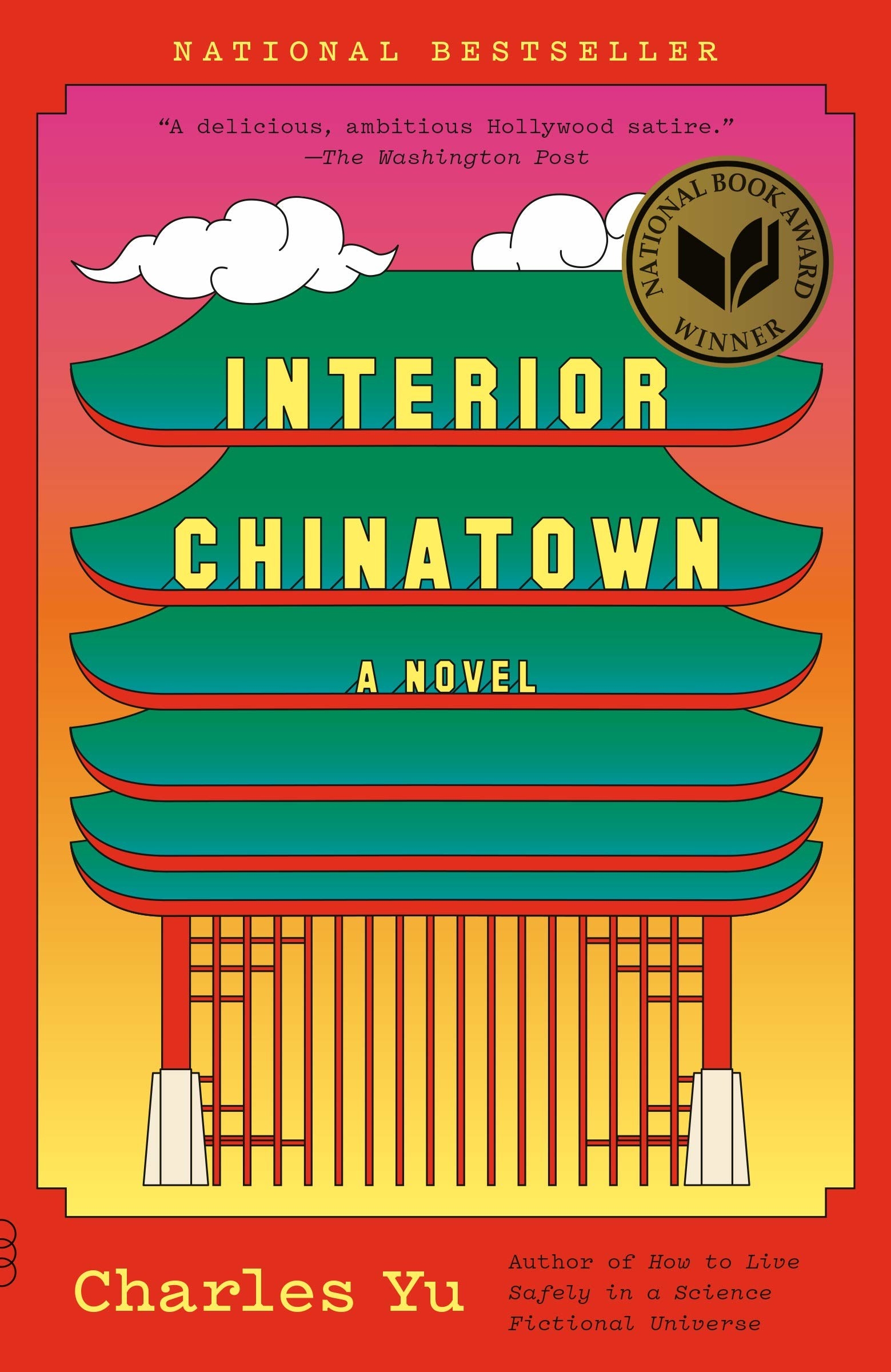
Interior Chinatown is many things: a film-world satire, a formally inventive thriller, and an astute critique of tokenism and anti–Asian American racism. Through the story of Willis Wu, an aspiring Asian American actor who longs to be more than merely a Generic Asian Man or Disgraced Son in the background of major TV shows, Yu explores the difficult terrain of success and self-realization for Asian men in a world that seeks to reduce them to stereotypes. This novel is invested in the relationships between men and the insidious performance of manhood that drives too much of modern masculinity.
Get it from Bookshop, Target, or Amazon, or find it at your local library.
Lightning Rods by Helen DeWitt
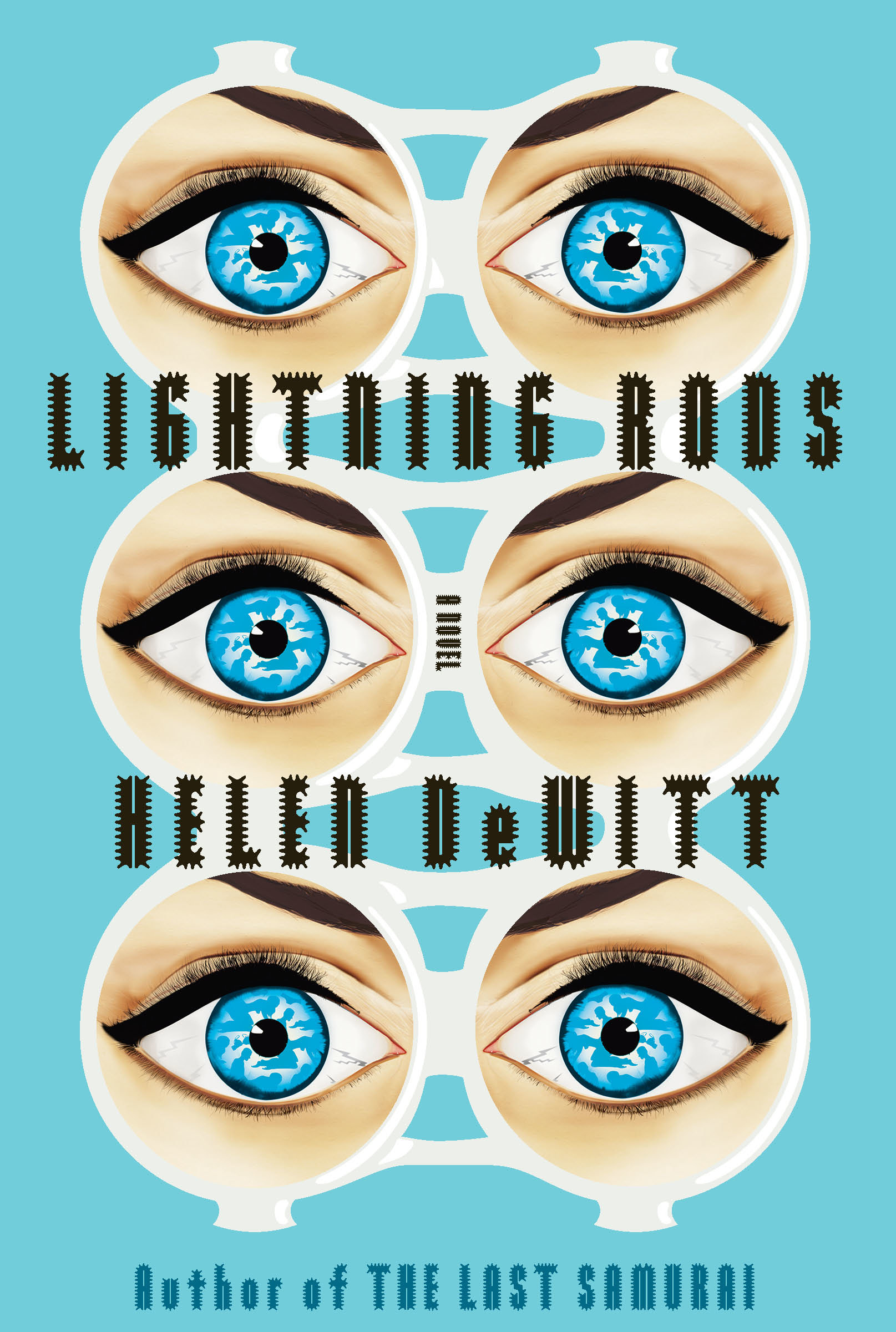
Lightning Rods is one of the most prescient and ruthless satires in recent memory. The novel follows a door-to-door vacuum cleaner salesperson who gets rich selling corporations an absurd method for reducing the number of workplace violations committed by male employees. DeWitt renders the men in this novel as lustful and manipulative — not exactly men reimagined — but in doing so, she exposes the ongoing toxicity of male-dominated industries that put profit above all things, including the most basic humanity. This is a grim and difficult work of genius.
Get it from Bookshop, Barnes & Noble, or Amazon, or find it at your local library.
Bartleby, the Scrivener: A Story of Wall Street by Herman Melville
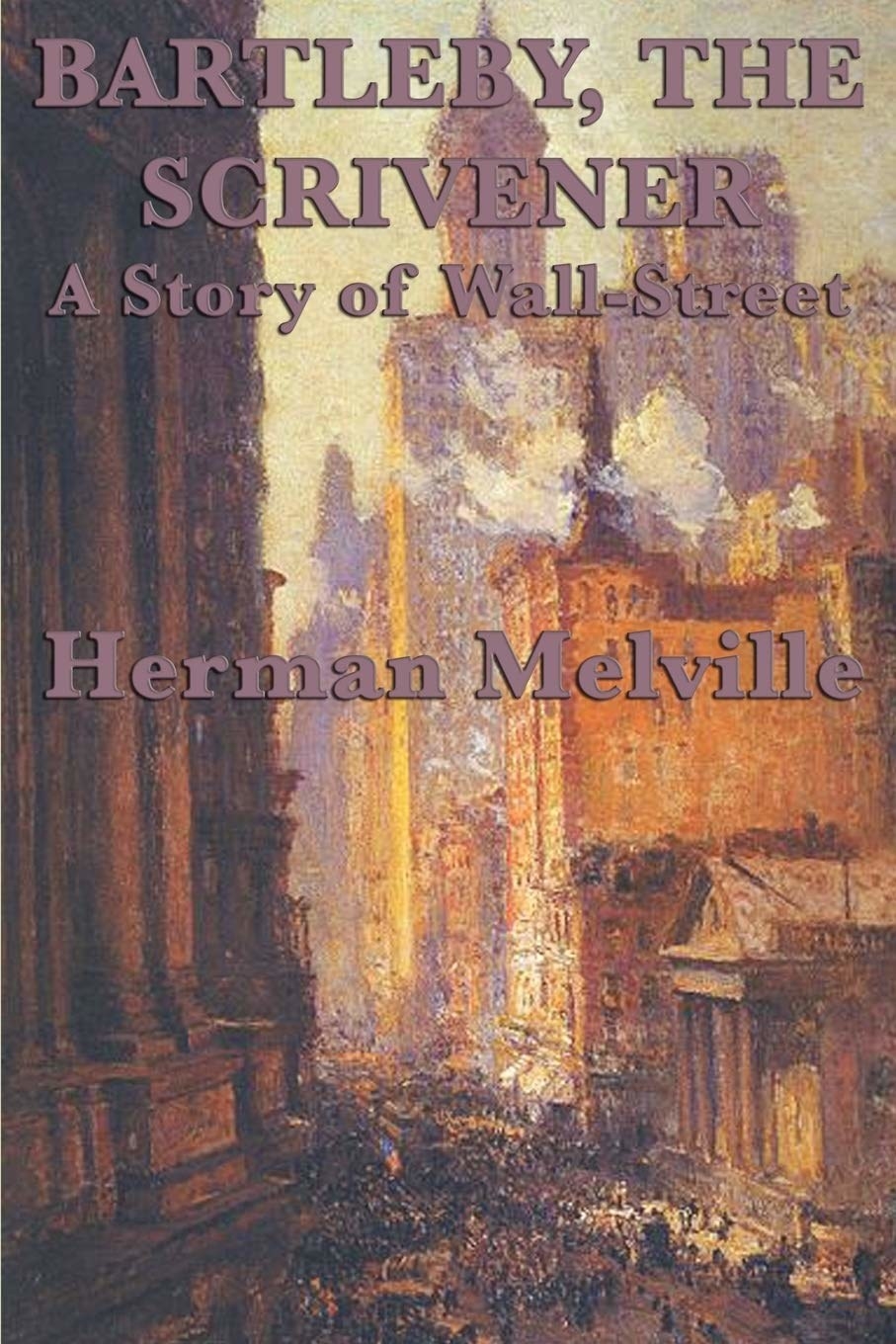
Herman Melville’s mid-19th-century novella Bartleby is far more than an English-class staple about a scrivener who would prefer not to work; it is a singularly important book for me in how I consider the formation of masculinity in America. Set on Wall Street, and featuring three characters nicknamed for the foods they eat — Turkey, Nippers, and Ginger Nut — Bartleby is a story of consumption in various forms. Bartleby, the character, is one of the first men of American literature who publicly refuses to eat. Eventually, he dies after weeks of not eating. Though it would be a stretch to diagnose Bartleby as anorexic, Melville’s novella offers a portrait of male hunger stripped of religious or ideological commitment. Bartleby was a major inspiration for Dyson, a character in my novel who has eating disorders.
Get it from Bookshop, Target, or Amazon, or find it at your local library.
The Will to Change: Men, Masculinity, and Love by bell hooks
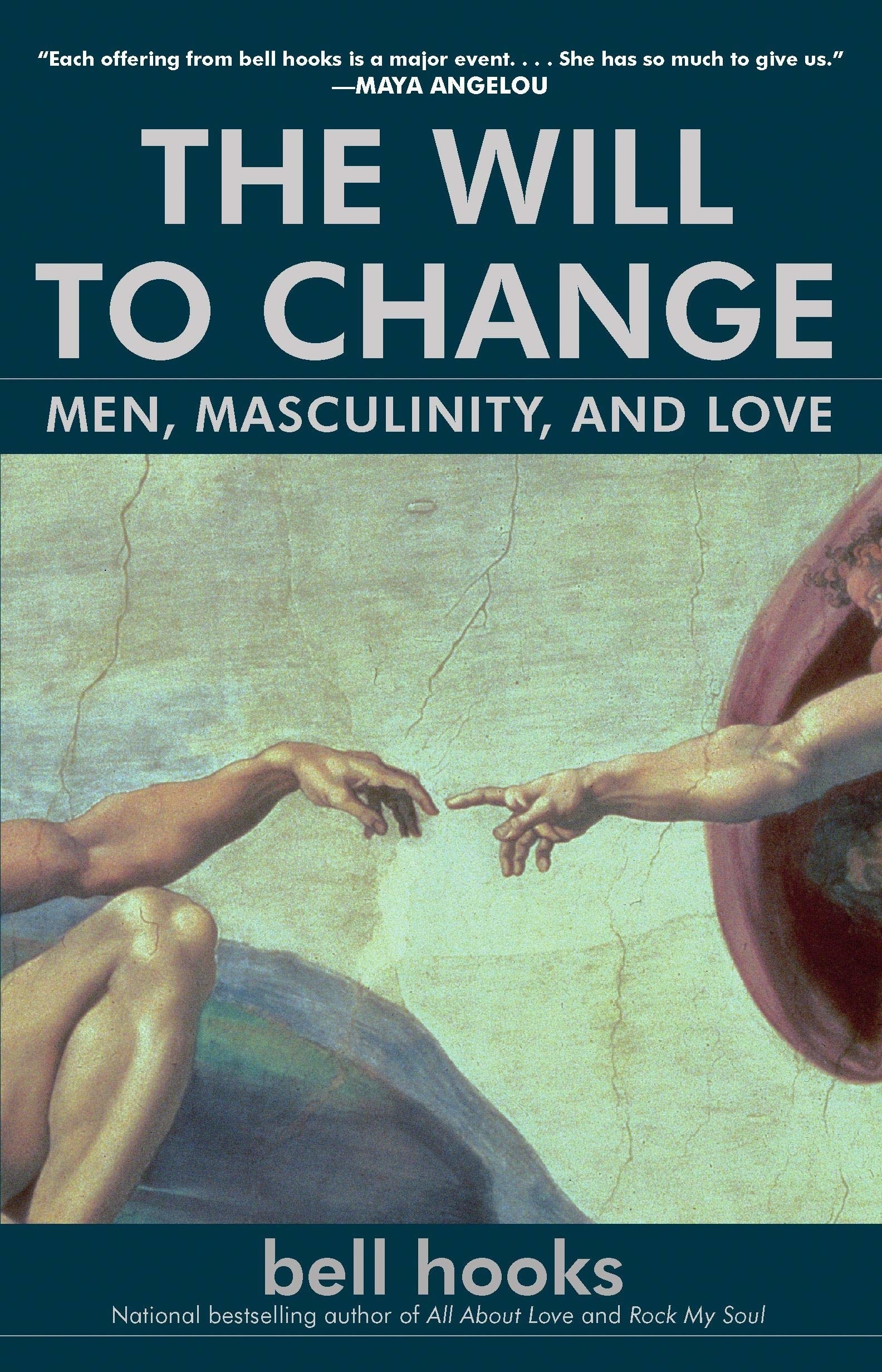
bell hooks’s text from the mid-’90s offers a clear and nuanced account of the ways masculine conditioning shapes and damages men. This book is sympathetic without making excuses for the men who commit harms and appear in its pages. It conveys the pressure men feel and place on themselves as it creates space for men to acknowledge their traumas and heal — not only for their sake, but for the sake of everyone in their lives. This book imagines men as they are: vulnerable and hurting and capable of becoming much better.
Get it from Bookshop, Barnes & Noble, or Amazon, or find it at your local library.
The Outline trilogy by Rachel Cusk
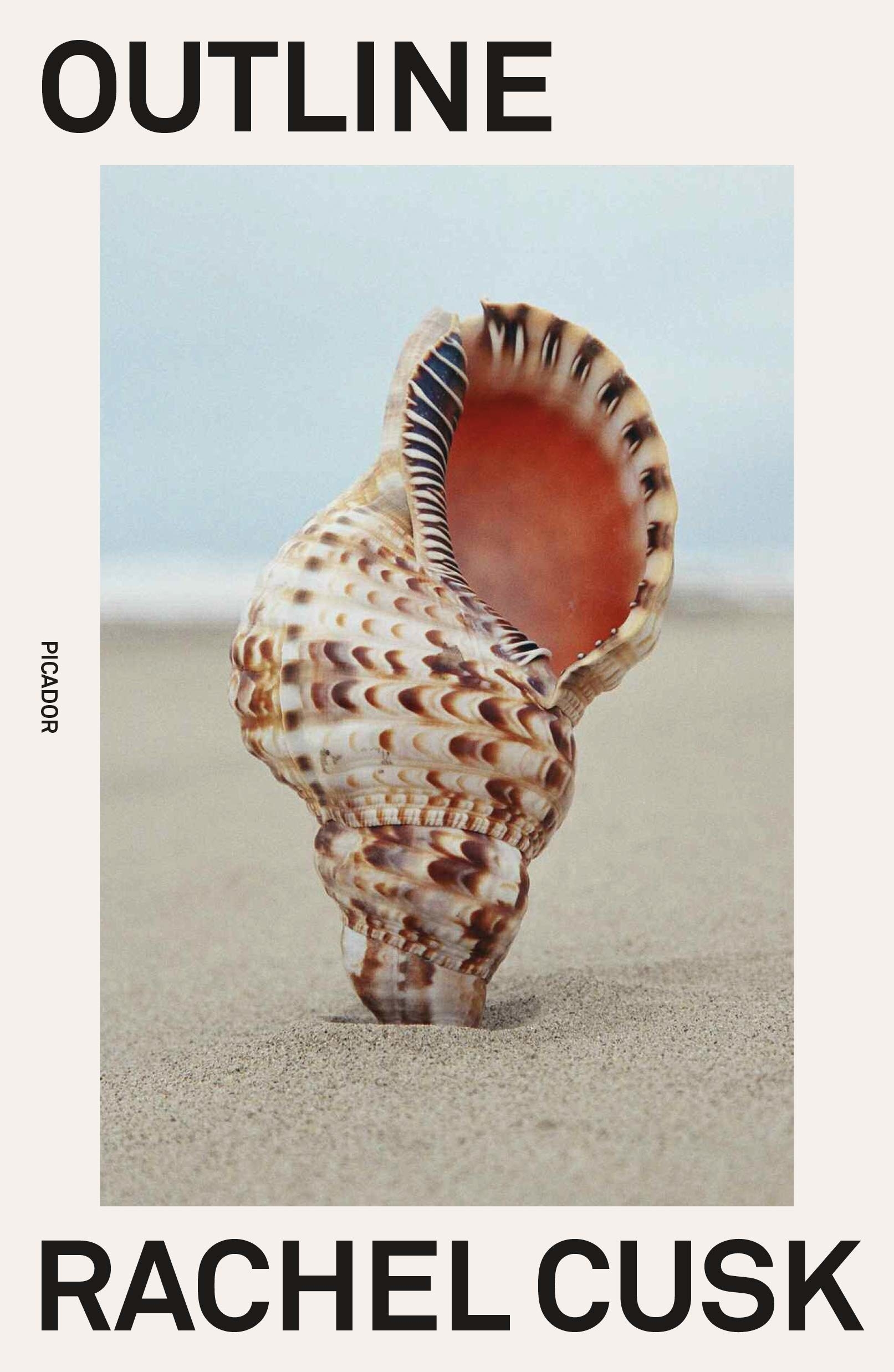
Rachel Cusk is a master of reducing self-important male monologues to desperate, blathering confessions of self-obsession. The men in Cusk’s novels are sad and childish and wholly unaware of the imposition they place on people’s lives. Cusk highlights their misperception and flaws as she permits them to speak uninterrupted to her narrator. The men in her novels are not who they believe themselves to be, and it’s impossible to leave a book like Outline without seeing to the deeply wounded core of every bothersome man parked beside you on a cross-country flight.
Get Outline from Bookshop, Target, or Amazon, or find it at your local library.
Paul Takes the Form of a Mortal Girl by Andrea Lawlor
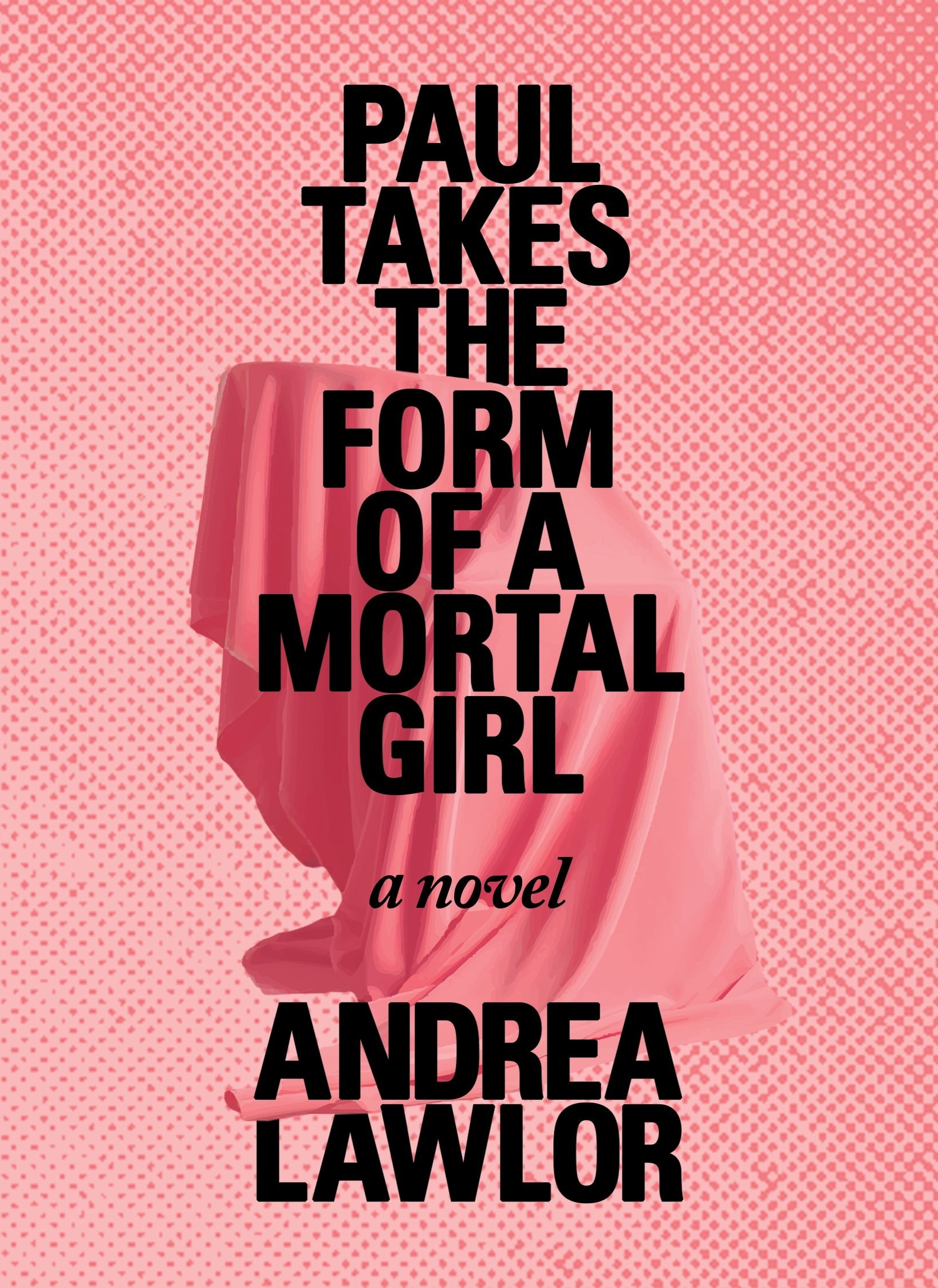
Andrea Lawlor’s sexy and stylish novel about the bartender Paul Polydoris destabilizes traditional notions of gender — think Virginia Woolf’s Orlando set in queer dive bars in Iowa City. Paul is a protean poet and slacker who veers effortlessly between identities to create a complex unity of self. Part of the fun of this smart, queer adventure novel is seeing Paul shift his body and gender as he surveys the American landscape. Gender, in this novel, is conditional and unsettled. Paul’s masculinity is merely a shade of a much larger self, and this boundless vision of selfhood spurs an intoxicatingly sexy novel of performance and lust.
Get it from Bookshop, Target, or Amazon, or find it at your local library.
The Natural Mother of the Child: A Memoir of Nonbinary Parenting by Krys Malcolm Belc (out June 15)
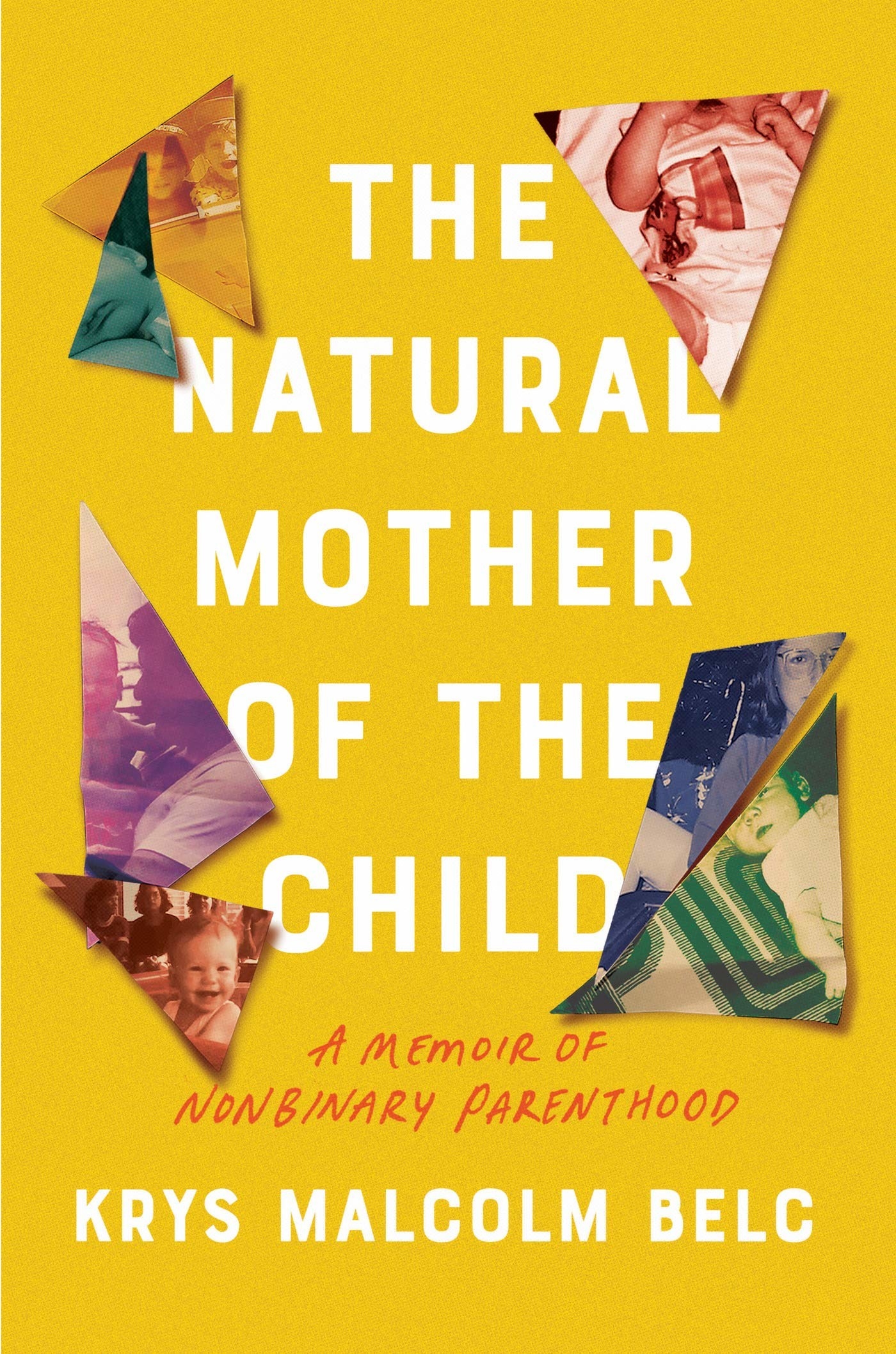
In The Natural Mother of the Child, Krys Malcolm Belc, a nonbinary, transmasculine parent, charts how giving birth to his son, Samson, helped define his gender identity. Belc’s memoir asks what truly defines masculinity and examines what it means to become one’s truest self while facing off against the gendered bureaucracy of bringing a child into the world and caring for it. This visual memoir in essays of queer parenthood and family refuses to settle for anything easy.
Get it from Bookshop, Barnes & Noble, or Amazon, or find it at your local library.
Darryl by Jackie Ess
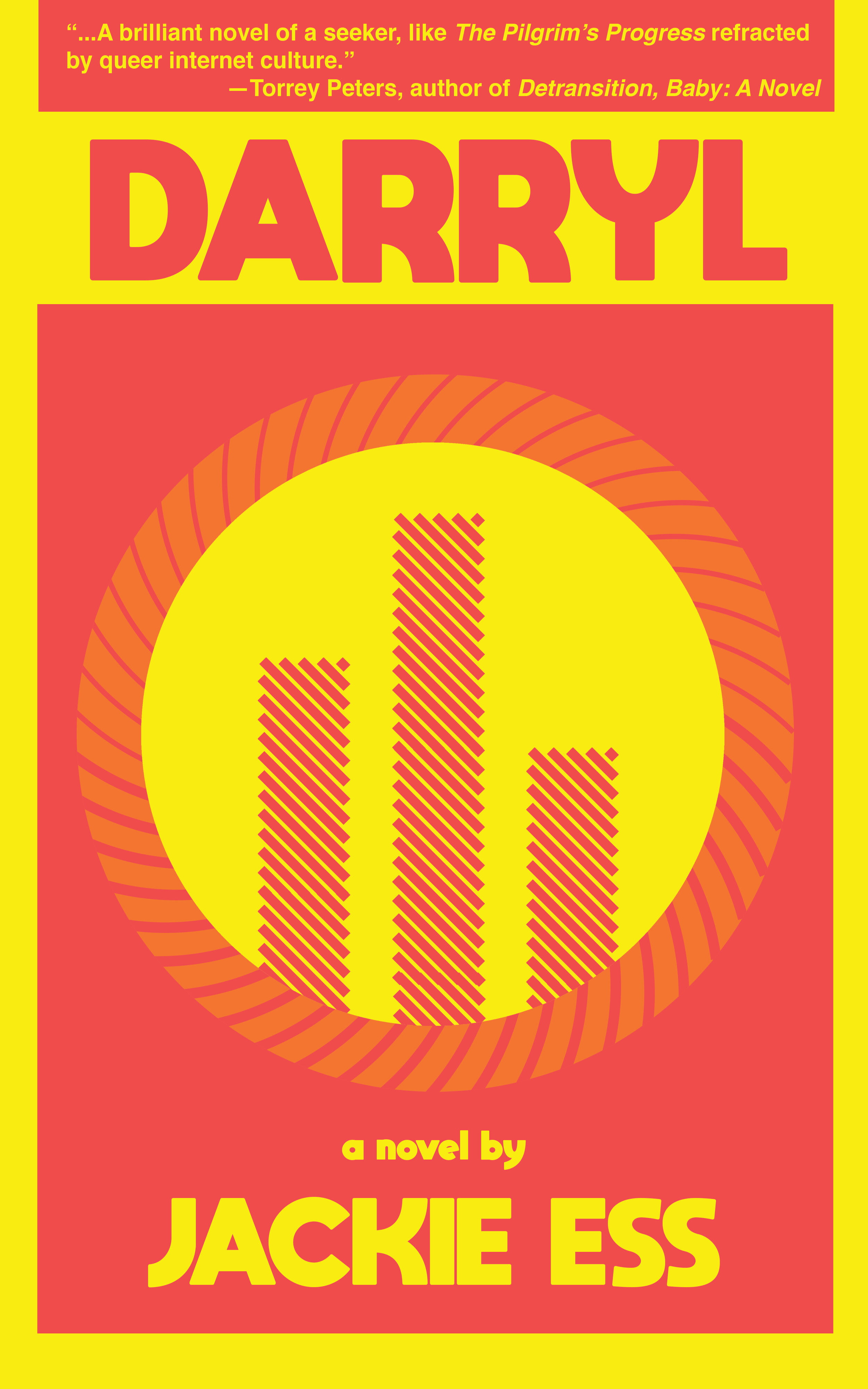
Jackie Ess’s debut novel follows Darryl Cook, a regular guy in Oregon who likes to watch his wife have sex with other men. This is a brilliant and hilarious satire of selfhood and desire that tracks the tangled mess of identity formation in a world saturated with definitions. At the core of the book is Darryl’s longing for connection and self-understanding; he surfs cuck message boards, watches basketball with the boys, helps a trans woman pay for surgery. Ess captures the thorny overlaps between male friendship, love, competition, and lust to create an unforgettable portrait of the men who know too easily how to be men and the men desperate to figure it out.
Get it from Bookshop, Barnes & Noble, or Amazon, or find it at your local library.
Something That May Shock and Discredit You by Daniel M. Lavery
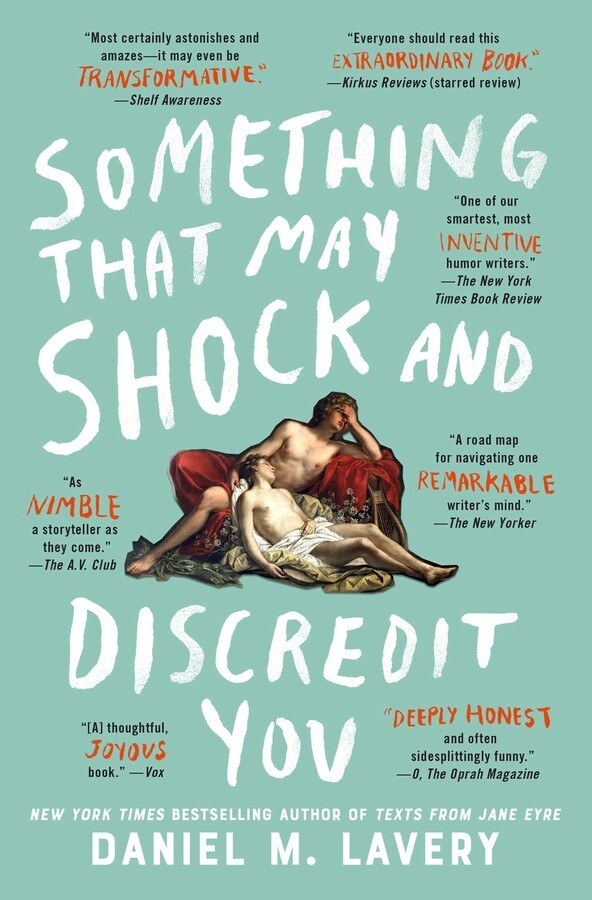
Daniel Lavery’s memoir in essays is a genre-blending pastiche about the author’s gender transition. This book is equal parts elusive and honest; Lavery moves between reimagining House Hunters to tender passages about the pain inflicted by cis people who “grieve the loss” of their transitioning loved ones. In writing about transmasculinity, Lavery gives space to his ambivalence and fear through the process of transition. Even though he is certain he needs to transition, that doesn’t free him from the uncertainty of realizing his true self.
Get it from Bookshop, Target, or Amazon, or find it at your local library.
Alex McElroy is a nonbinary writer and author of the novel The Atmospherians, out May 18.
UPDATE
This post has been updated to reflect the appropriate pronouns for the protagonist in Paul Takes the Form of a Mortal Girl.
